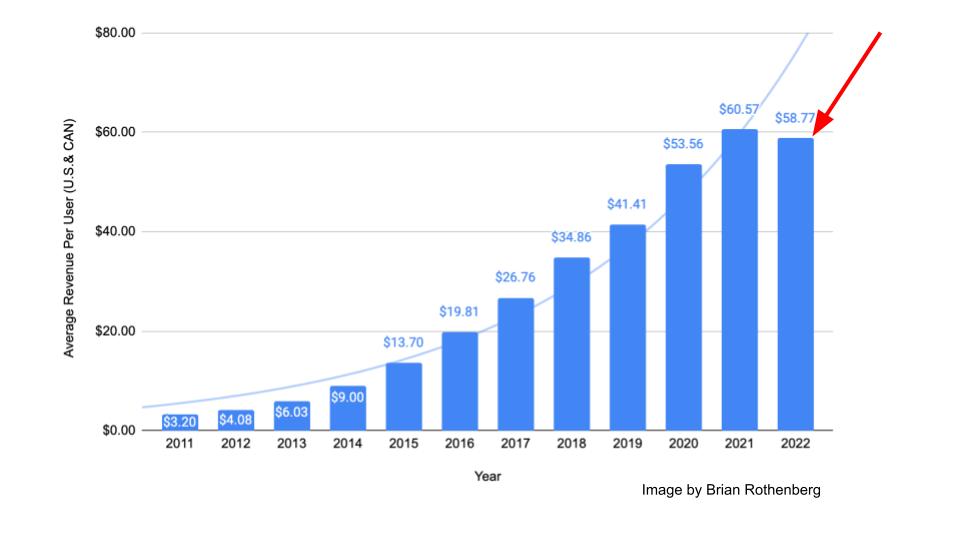Hakimo – a technology company dedicated to modernizing physical security through its AI software – announced $6 million in new funding led by Rocketship.vc with participation from existing investors Neotribe Ventures, defy.vc and Firebolt Ventures as well as new investors Carrier Global Corporation (through its venture capital group Carrier Ventures), and renowned physical security industry entrepreneur John L. Moss. Hakimo plans to use the capital to further accelerate product development and expand into new markets.
The Hakimo platform utilizes computer vision and machine learning to automate the monitoring of physical security sensors such as cameras and badge readers. And the platform also provides an option to communicate warnings through speakers when it detects unwanted activity such as a person entering an area where they do not belong.
This combination of automated monitoring and response helps security teams save time and money while proactively deterring and preventing security breaches from occurring. And the Hakimo platform natively integrates with most enterprise video and access control systems to provide a unified solution that responds to alarms automatically, exposes potential insider threats, and detects faulty cameras and door hardware. Plus this enables enterprise organizations to enhance security, efficiency and compliance, in a way that no other company in the industry has touched upon.
Hakimo has raised $10 million to date including its $4 million seed round announced in late 2021. And since then, Hakimo has gained numerous customers ranging from Fortune 500 companies to airports to auto dealerships.
The company has also forged alliances with leading physical security providers such as LenelS2 (part of Carrier) and has been recognized with prestigious security industry awards including the Security Industry Association’s 2022 New Products and Solutions Judges’ Choice award. And the Security Executive Council, a leading research and advisory firm governed by former corporate chief security officers, validated the efficacy of the Hakimo solution. Recently, National Safe Skies Alliance, a nonprofit organization funded by the Federal Aviation Administration (FAA), completed an operational test and evaluation of the solution.
The fresh funding round comes at a time when increased crime rates, acute staffing shortages, and macroeconomic conditions are forcing organizations to explore smarter ways to strengthen their physical security posture while cutting costs. And Hakimo solves this problem by automating repetitive tasks traditionally performed by security guards and escalating only real high-risk incidents to human operators. This enables organizations to reduce their guard footprint, or even eliminate it completely, without sacrificing security.
Hakimo was founded by Sam Joseph and Sagar Honnungar, who are Stanford-trained AI experts with backgrounds in building enterprise-grade software as a service (SaaS). The founders also recognized the potential for AI to solve some of the physical security industry’s most significant challenges and have since assembled a talented, growing team of engineers and industry professionals.
KEY QUOTES:
“AI is redefining how a broad spectrum of industries do business. Physical security is one such industry that has all the ingredients needed for an AI overhaul, and we’re excited to support Hakimo in that endeavor.”
- Anand Rajaraman, Founding Partner, Rocketship.vc
“Hakimo provides a much-needed automation platform that helps a wide range of organizations improve security in this resource-constrained environment. We’re proud to be transforming the industry and are grateful for the support of our customers, partners and investors as we continue on this journey together.”
- Sam Joseph, Co-Founder and CEO, Hakimo
“We are thrilled to see Hakimo’s continued growth and customer adoption. Since the inception of our firm, we have been actively investing in cutting-edge AI companies, and we are excited to support Sam and his team as they continue to transform the space of AI for physical security.”
- Neil Sequeira, Founder and Partner at defy.vc
